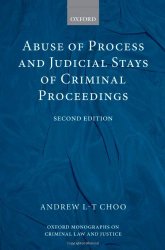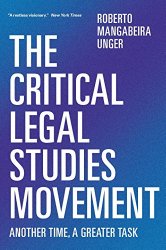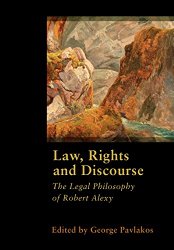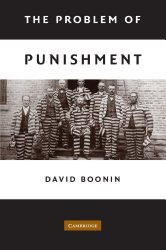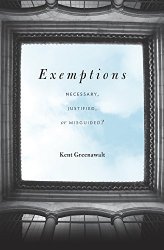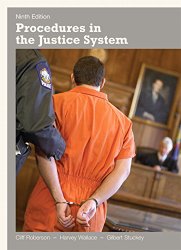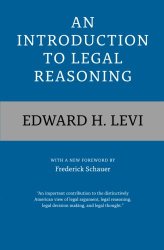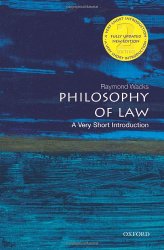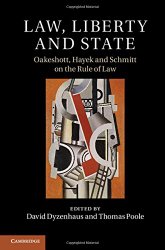The criminal courts have the power to stop a prosecution from proceeding altogether where it would be inappropriate for it to continue. This power to stay proceedings which constitute an abuse of the process of the court has assumed great practical significance and is potentially applicable in many situations. There is at least one consideration of the abuse …
Philosophy of Law
Group Agency: The Possibility, Design, and Status of Corporate Agents
Are companies, churches, and states genuine agents? Or are they just collections of individual agents that give a misleading impression of unity? This question is important, since the answer dictates how we should go about explaining the behaviour of these entities and whether we should treat them as responsible and accountable in the manner of individuals. …
The Critical Legal Studies Movement: Another Time, A Greater Task
Critical legal studies is the most important development in progressive thinking about law of the past half century. It has inspired the practice of legal analysis as institutional imagination, exploring, with the materials of the law, alternatives for society. The Critical Legal Studies Movement was written as the manifesto of the movement by its central figure. This new …
Law, Rights and Discourse: The Legal Philosophy of Robert Alexy (Legal Theory Today)
A philosophical system is not what one would expect to find in the work of a contemporary legal thinker. Robert Alexy’s work counts as a striking exception. Over the past 28 years, Alexy has been developing, with remarkable clarity and consistency, a systematic philosophy covering most of the key areas of legal philosophy. His work admirably combines the …
In this book, David Boonin examines the problem of punishment, and particularly the problem of explaining why it is morally permissible for the state to treat those who break the law in ways that would be wrong to treat those who do not. Boonin argues that there is no satisfactory solution to this problem and that the practice …
Should laws apply equally to everyone, or should some individuals and organizations be granted exemptions because of conflicting religious or moral convictions? In recent years, this question has become intensely controversial in America. The Supreme Court’s ruling on same-sex marriage, in particular, has provoked barbed debates about legal exemptions. At the core of these debates lies the question …
For courses in Judicial Process, Criminal Courts, Criminal Procedure, Introduction to Courts, and Judicial Procedures and Practices. This text covers the American criminal courts and judicial process using a sequential approach—following law violators from arrest to conviction and sentencing. Each chapter examines the roles that law enforcement agencies, courts and correctional departments play …
Originally published in 1949, An Introduction to Legal Reasoning is widely acknowledged as a classic text. As its opening sentence states, “This is an attempt to describe generally the process of legal reasoning in the field of case law and in the interpretation of statutes and of the Constitution.” In elegant and lucid prose, Edward H. Levi does …
Philosophy of Law: A Very Short Introduction (Very Short Introductions)
The concept of law lies at the heart of our social and political life, shaping the character of our community and underlying issues from racism and abortion to human rights and international war. Legal philosophy, or jurisprudence, explores the notion of law and its role in society, illuminating its meaning and its relation to the universal questions of …
Law, Liberty and State: Oakeshott, Hayek and Schmitt on the Rule of Law
Oakeshott, Hayek and Schmitt are associated with a conservative reaction to the ‘progressive’ forces of the twentieth century. Each was an acute analyst of the juristic form of the modern state and the relationship of that form to the idea of liberty under a system of public, general law. Hayek had the highest regard for Schmitt’s understanding of …
